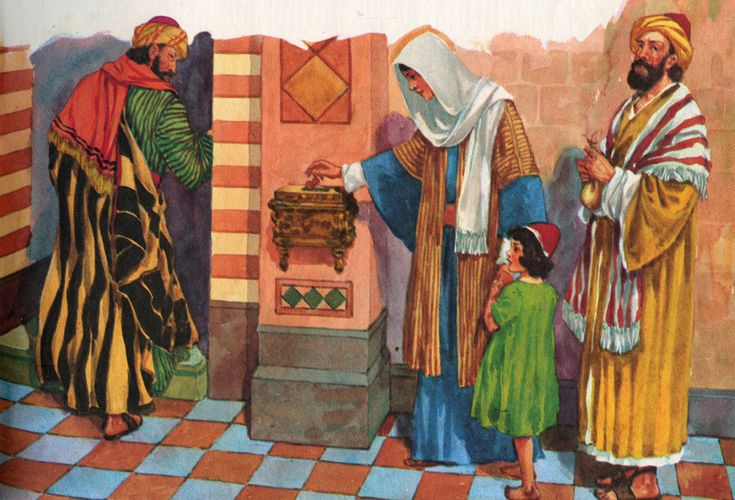Christian Art | Prayer With Jesus | The Psalms
Psalm 8 | King James Audio Bible
YouTube: Psalm 8 KJV | King James Audio Bible | Word Aloud
Psalm 8 asks us to ponder the vastness of the universe, humanity’s place within it, and the role of the divine in this grand tapestry.
We might imagine our being stood beneath a starry sky, as we contemplate the universe’s scale and complexity. Psalm 8 captures this sense of wonder, prompting us to consider our relationship with the cosmos.
The psalm begins by acknowledging the greatness of the divine name and the rule of God on Earth and beyond.
The psalmist marvels at our innocence and humility, even of the youngest among us.
The focus shifts to the heavens, the moon, and stars – a canvas painted by divine hands.
Within this celestial scene, the psalmist questions humanity’s significance in comparison to the vastness of the universe.
Despite our smallness, the psalm acknowledges truth that humans are distinguished by God, entrusted with overseeing the earth and its creatures.
This dominion is seen as a harmonious partnership, where humans care for and interact with other living beings.
The psalm concludes by echoing its opening theme, praising the excellence of the divine name.
Psalm 8 prompts the Christian to reflect on our role in the universe, the balance between stewardship and interconnectedness, and the awe-inspiring nature of the divine.
Psalm 8 | King James Audio Bible KJV
O Lord, our Lord, how excellent is thy name in all the earth! who hast set thy glory above the heavens.
Out of the mouth of babes and sucklings hast thou ordained strength because of thine enemies, that thou mightest still the enemy and the avenger.
When I consider thy heavens, the work of thy fingers, the moon and the stars, which thou hast ordained;
What is man, that thou art mindful of him? and the son of man, that thou visitest him?
For thou hast made him a little lower than the angels, and hast crowned him with glory and honour.
Thou madest him to have dominion over the works of thy hands; thou hast put all things under his feet:
All sheep and oxen, yea, and the beasts of the field;
The fowl of the air, and the fish of the sea, and whatsoever passeth through the paths of the seas.
O Lord our Lord, how excellent is thy name in all the earth!

![]()
Key Themes Of The Psalm For Reflection | Love Revealed By Jesus Christ
- Divine Majesty: The psalmist begins by acknowledging the greatness of God’s name, reflecting on the divine presence and influence across the Earth and heavens.
- Innocence and Humility: The psalmist marvels at the power of innocence and humility, highlighting their role in silencing opposition and adversaries.
- Contemplation of the Cosmos: The psalmist reflects on the heavens, the moon, and stars as creations that inspire awe and contemplation.
- Humanity’s Place: The psalmist questions humanity’s significance within the vast universe, underscoring the mystery of human existence amidst cosmic wonders.
- Divine Crown: Despite human smallness, the psalmist recognizes the divine distinction placed upon humanity, entrusting them with dominion over the earth and its creatures.
- Harmonious Stewardship: The psalm acknowledges the interconnectedness between humans and the natural world, emphasizing a harmonious partnership of care and responsibility.
- Closing Refrain: The psalm concludes by reiterating the praise for the excellence of the divine name, unifying the themes and offering a sense of reverence.
- Wonder and Reflection: Psalm 8 invites us to wonder at the universe, reflect on our role within it, and recognize the divine’s presence in both the vastness and intricacies of creation.

![]()








